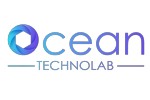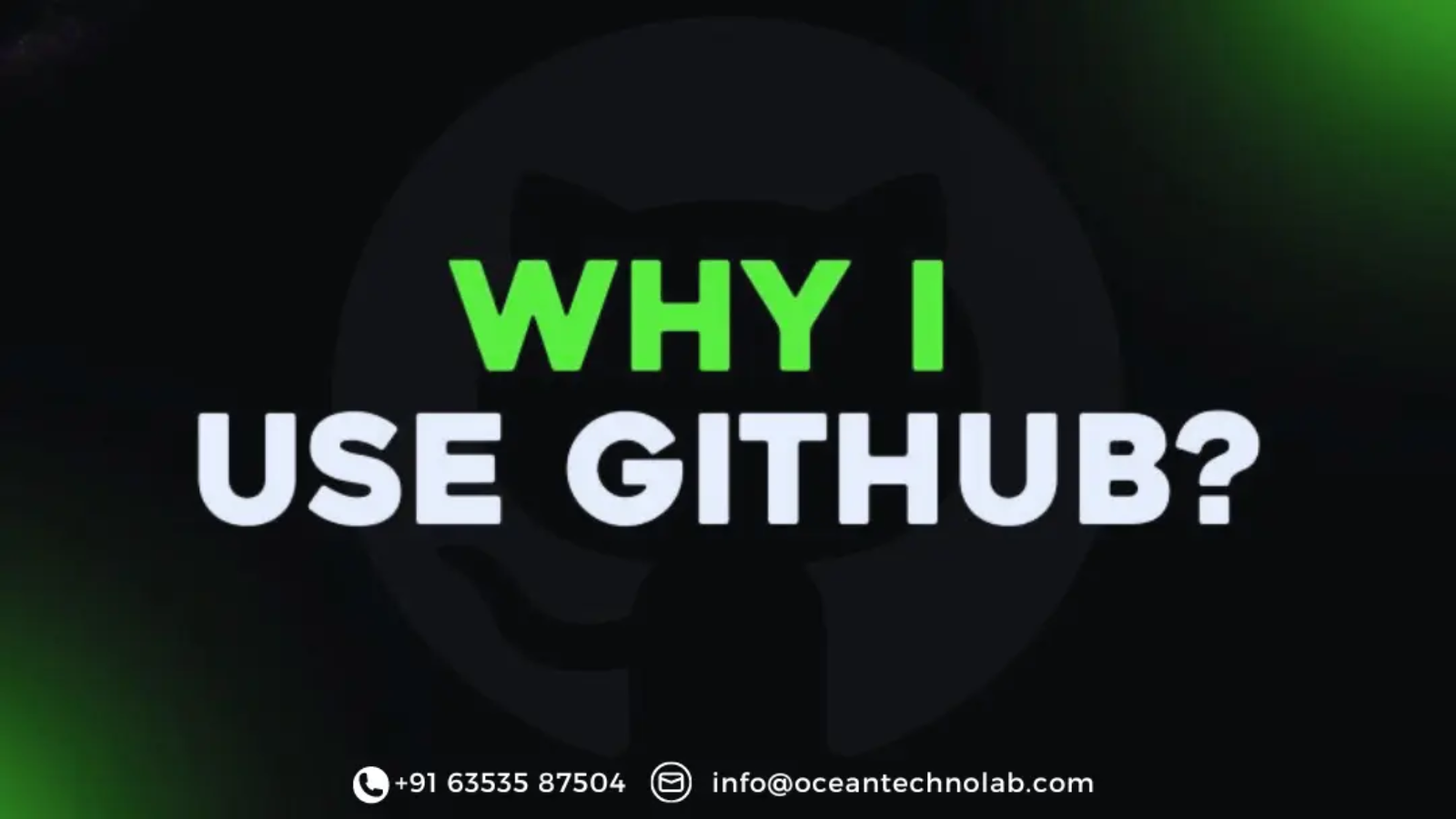Discover why GitHub is essential for developers. Learn how version control and collaboration can elevate your coding skills in this concise guide.
In the fast-paced world of software development, efficiency, collaboration, and reliability are key to success. GitHub, the world’s leading platform for version control and collaboration, is designed to help developers streamline their workflows, improve project management, and foster innovation. If you’re not using GitHub yet, here’s why you should start today.
1. Version Control Made Easy
GitHub is built on Git, a version control system that allows developers to track changes in their code over time. This means you can experiment with new features, fix bugs, or refactor code without the fear of losing your previous work. If anything goes wrong, you can simply revert to an earlier version.
Getting Started with Git
To begin using Git and GitHub, you can follow these basic steps:
- Install Git: Download and install Git from the official website.
- Configure Git: Set up your username and email address, which will be associated with your commits.
git config --global user.name "Your Name"
git config --global user.email "your.email@example.com"- Initialize a Repository: Navigate to your project directory and initialize Git.
cd your-project-directory
git init- Add Files to Staging Area: Prepare your files for commit.
git add .- Commit Your Changes: Save your changes to the local repository.
git commit -m "Initial commit"2. Collaborative Development
GitHub facilitates collaboration by allowing multiple developers to work on the same project simultaneously. With features like branching, pull requests, and code reviews, teams can work on different features or bug fixes without stepping on each other’s toes.
Branching and Merging
- Create a New Branch: Branches allow you to work on different features independently.
git checkout -b feature-branch- Switch Between Branches:
git checkout main- Merge Branches: After completing your work, merge it back into the main branch.
git checkout main
git merge feature-branch- Delete a Branch:
git branch -d feature-branch3. Showcase Your Work
For individual developers, GitHub acts as a portfolio to showcase their skills. Your repositories reflect the projects you’ve worked on, and contributions to open-source projects can demonstrate your commitment to the developer community. It’s a great way to attract potential employers or clients.
Pushing Code to GitHub
- Create a Repository on GitHub: Go to GitHub, click on “New”, and set up a new repository.
- Connect Local Repo to GitHub:
git remote add origin https://github.com/your-username/your-repo.git- Push Your Code:
git push -u origin main4. Continuous Integration & Deployment (CI/CD)
GitHub integrates with many CI/CD tools, automating the testing and deployment process. This ensures that your code is tested and deployed smoothly every time a new feature is merged. It reduces manual effort, speeds up the development cycle, and ensures higher code quality.
Using GitHub Actions for CI/CD
- Create a Workflow File: Add a YAML file in
.github/workflows/ci.yml.
name: CI
on: [push, pull_request]
jobs:
build:
runs-on: ubuntu-latest
steps:
- uses: actions/checkout@v3
- name: Set up Node.js
uses: actions/setup-node@v3
with:
node-version: '16'
- name: Install dependencies
run: npm install
- name: Run tests
run: npm test- Commit and Push: Your workflow will run automatically on pushes and pull requests.
5. Open-Source Community
The power of GitHub lies in its vast open-source community. With millions of projects hosted, you can find almost any library or tool to enhance your development work. Plus, contributing to open-source projects helps you learn from others and give back to the community.
Contributing to Projects
- Fork the Repository: Click on “Fork” to create a personal copy.
- Clone the Forked Repo:
git clone https://github.com/your-username/opensource-project.git- Create a Feature Branch:
git checkout -b feature-name- Make Changes and Commit:
git add .
git commit -m "Add new feature"- Push to Your Fork:
git push origin feature-name- Submit a Pull Request: Go to the original repository and create a pull request.
6. Enhanced Project Management
Beyond just code, GitHub offers powerful project management tools. You can track issues, plan sprints, and document progress through GitHub Projects, Issues, and Wikis. It’s a one-stop solution to keep your development efforts organized and on track.
Managing Issues
- Create an Issue: Navigate to the “Issues” tab and click “New issue”.
- Assign Labels and Milestones: Categorize issues for better tracking.
- Close Issues with Commits: Mention the issue number in your commit message to close it automatically.
git commit -m "Fix bug causing crash, closes #42"7. Secure & Reliable
GitHub is a secure platform with features like two-factor authentication and secure shell protocols (SSH), ensuring that your code remains safe. It’s also incredibly reliable, with backup systems in place to ensure your projects are always available when you need them.
Setting Up SSH Authentication
- Generate SSH Keys:
ssh-keygen -t ed25519 -C "your.email@example.com"- Add SSH Key to GitHub: Copy the contents of your public key and add it to your GitHub account under Settings > SSH and GPG keys.
cat ~/.ssh/id_ed25519.pub- Test SSH Connection:
ssh -T git@github.comAdditional Resources to Start Learning
To deepen your understanding of Git and GitHub, here are some resources and commands:
- Viewing Commit History:
git log- Undoing Changes:
- Discard Changes in the Working Directory:
git checkout -- filename - Unstaged Changes:
git reset HEAD filename - Stashing Changes: Temporarily save changes without committing.
git stash- Pulling Updates from Remote:
git pull origin main- Interactive Tutorials:
- Git Official Documentation
- GitHub Guides
- Try Git
Final Thoughts
At Ocean Technolab, we are passionate about empowering developers and organizations to harness the full potential of modern development tools. GitHub, with its powerful features and vast community, is an indispensable platform for any developer or team. Whether you’re working on a small personal project or contributing to large-scale software, GitHub helps you code smarter, collaborate better, and innovate faster.
Stay Connected with Ocean Technolab
We’re committed to supporting your journey in the tech world. Follow us on social media to stay updated with the latest tech trends, tutorials, and insights:
- Twitter: @OceanTechnolab
- Facebook: @OceanTechnolab
- Instagram: @OceanTechnolab
- LinkedIn: @OceanTechnolab
Join the conversation and let’s build the future together!
Looking to start a project or need expert guidance? Visit our Services Page to learn how Ocean Technolab can help you achieve your goals.


Add a Comment